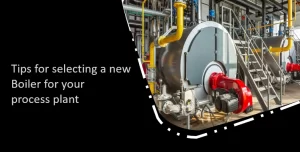
The boiler is a critical piece of equipment in any process plant. It is responsible for generating steam, which is used for a variety of purposes, such as heating, power generation, and manufacturing. A well-chosen boiler can help to improve the efficiency of the plant, which can lead to increased profitability.
There are many factors to consider when selecting a boiler for a process plant. These factors include the plant’s steam requirements, the fuel type that will be used, and the environmental regulations that apply to the area. It is important to consult with a qualified boiler engineer to ensure that the right boiler is selected for the application.
The following are the most essential factors to be considered before Boiler selection —
- Net Steam flow requirement(in kgs or ton per hour) : Determining the capacity of the boiler is very important for optimum production and can be determined by evaluating proper heat/steam loads based on the process parameters of the product to be manufactured.
- Pressure required for Process(in kg/cm2) : Determining the amount of the pressure required by the process is important as it pays back to the company immediately in terms of cost of per Kgs Steam produced, there by improving the operation efficiency of the unit.
- Availability of fuel : Fuel selection is the most important factor and should always be based on current and future fuel supply, as well as the area’s emission standards, so that pollution equipment may be ordered appropriately.
Certain companies have suffered significantly owing to poor boiler selection. As a consequence, it is always better to speak with a boiler manufacturer first before purchasing a boiler.
Following are the benefits of this exercise –
- Right selection of boiler
- Right steam line sizes
- Proper steam traping systems
- Optimal energy savers
- Avoid steam losses due to faulty selection
Thermodyne boilers provides FREE boiler consultation services so that you arrive at the correct selection of required boiler capacity, Steam line sizing and layout.
Tips for selecting the right boiler for your process plant FAQ
A boiler is a heat-transfer device that produces steam or hot water for heating, industrial processes, or power generation.
There are many different types of boilers, including fire-tube boilers, water-tube boilers, and heat recovery steam generators (HRSGs).
The following factors should be considered when selecting a boiler:
The type of fuel that will be used
The amount of steam or hot water that is needed
The pressure and temperature requirements
The environmental regulations
The budget
The size of a boiler is determined by the amount of steam or hot water that is needed. The capacity of a boiler is typically measured in pounds of steam per hour (lb/hr) or gallons of water per minute (gpm).
The right boiler for your needs will depend on the factors listed above. It is important to consult with a qualified boiler engineer to select the right boiler for your application.
Boiler systems offer a number of benefits, including:
Efficient heat transfer
Ability to produce steam or hot water at high temperatures and pressures
Flexibility to meet changing demands
Low maintenance costs
Long lifespan
Boiler systems can have some drawbacks, including:
High initial cost
Potential for safety hazards
Emissions of pollutants
To ensure the safety of your boiler system, it is important to:
Regularly inspect and maintain your boiler
Follow all manufacturer instructions
Hire a qualified boiler engineer to install and maintain your boiler system
There are many resources available to learn more about boilers, including:
The American Boiler Manufacturers Association (ABMA)
The National Fire Protection Association (NFPA)
The Boiler and Pressure Vessel Code (BPVC)
The future trends in boiler technology include:
Increased efficiency
Reduced emissions
Improved safety
Increased automation




